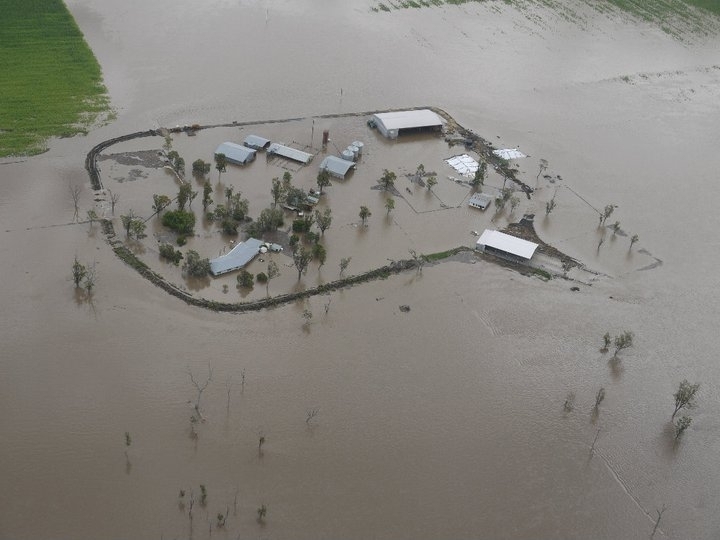The Salvation Army is now into its third week of providing recovery assistance and support to people and communities impacted by the North Queensland floods.
Many of the people coming to The Salvation Army have experienced total devastation, trauma, loss and complete inundation of floodwaters in their homes.
Townsville
In partnership with the Queensland Government, The Salvation Army has been asked to continue deploying 16 staff per day into Townsville to work within five recovery hubs and outreach teams.
This work is ongoing, with no indication yet of a conclusion date.
“Within these hubs and outreach teams, The Salvation Army is providing care, support and immediate financial relief in the form of universal gift cards and other vouchers such as Woolworths gift cards, to flood-affected people,” said Kim Lee, Strategic Emergency and Disaster Management Specialist, based in Sydney.
“Each hub and team has been extremely busy, with long hours, queues and high demands for assistance.”
In summary, as of 20 February, The Salvation Army has:
- assisted 2219 families
- deployed 55 people (volunteers, officers and employees) to Townsville for recovery
- provided $1,070,675 of financial assistance to flood-affected people and families
There have also been 181 referrals made to additional services such as counselling, chaplaincy, pastoral support, corps, Doorways, Moneycare and other agencies for further support.
Mt Isa
In North West Queensland, The Salvation Army’s Outback Flying Service is supporting relief and recovery efforts, making plans to support property owners for the long haul.
Once floodwaters have receded enough to make landing on properties safe, the flying padres, Lieutenant Simon Steele and his wife Lieutenant Natalie Steele, said they would start to make pastoral care visits to affected properties.
“A different response model is being used by Government [Department of Communities] in this region to that of Townsville,” explained Adam Cole, State Coordinator – Queensland, Strategic Emergency and Disaster Management.
“Based on the situation and needs of those impacted, it’s more of an outreach response, a much more personal and smaller engagement, meeting people on their places, rather than in hubs.
“The Salvation Army at this stage won’t be sending in recovery teams; we will be liaising with the Steeles and do link-ups that way.”
The Salvation Army, though, has activated its Critical Incident Peer Support (CIPS) team to provide additional support to staff.
Since 1 February, The Salvation Army Emergency Services (SAES) has provided more than 8000 meals; volunteers have worked over 1500 hours across 350 shifts; 20 recovery team members are still active; and five recovery hubs are being supported.
Ballandean
In Ballandean, 240km south west of Brisbane, the SAES has been active for a Queensland Fire and Emergency Services request.
SAES teams from Warwick with support from Fassifern supported this since effort for one week. Volunteers served over 2000 meals.
SAES teams in Southern Queensland were on alert last week as what started out as severe tropical Cyclone Oma was on track to cross the coast, but changed course and was downgraded to a rain depression.


